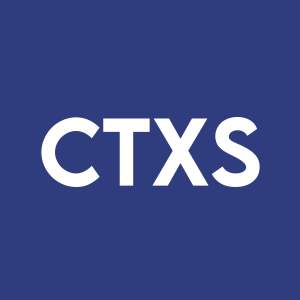New Study Shows Chief Information Officers Now Have Ultimate Control of Organizational Budgets and Strategies
Today’s Chief Information Officers viewed as ‘de facto Chief Operating Officers,’ responsible for business operations and direction
Shaping Strategy
As companies strive for success against a difficult economic backdrop, they are looking to tech leaders to act as strategic business partners. According to the data:
-
67% of business leaders say the CIO is now second only to the CEO in terms of shaping and delivering the business strategy. -
64% of business leaders say the CIO has control of the majority of their organization’s budget. -
73% of business leaders believe that having a vision for the future is important for being a successful tech leader in today’s working world.
The study reveals that CIOs are increasingly responsible for other aspects of business too, from regulation and compliance to ESG performance. This ever-broadening remit comes with the need for new skills and attributes, with emotional intelligence now considered one of the most essential qualities to being a successful tech leader in today’s working world.
Infrastructure Challenges
The research also shows, however, that despite this broadening remit, in practice many CIOs are still tied up with infrastructure:
CIOs and other C-suite tech leaders are also navigating talent shortages and a looming vacuum at the top. Almost half (
“Businesses are in a state of flux, and CIOs are right at the center. CIOs are expected to be agents of change but are still caught up with legacy infrastructure and transformation projects,” said
Therefore, today’s tech leaders find themselves caught between a ‘traditional’ CIO role – gatekeeping infrastructure and managing digital transformation projects – and a ‘transitional’ role – defining and refining workplace technology and driving business strategy.
Today’s CIOs are responsbile for technology transformation to supercharge tomorrow’s world of work. The hardest part of that role is managing the introduction of new, game-changing technologies without losing the value of existing systems currently powering the business. Successful CIOs will invest in infrastructures that help them both manage the past and prepare for the future, as tech leadership is now intrinsically tied to organizational success, and CIOs must adapt to their role as change agents.
Find the full Future-Fit Leader report here.
About the study
In 2022, Citrix, in partnership with Man Bites Dog, ran an independent opinion research study with
About Citrix
Citrix, a business unit of
View source version on businesswire.com: https://www.businesswire.com/news/home/20221117005129/en/
mediainquiry@citrix.com
Source: Citrix Systems, Inc.







